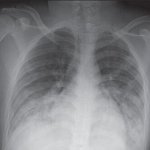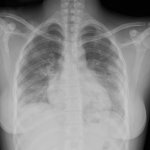
Article • Outbreak prevention and management efforts
Infectious diseases: new challenges for EU monitoring
Avian flu, MERS, Covid-19, monkeypox: outbreaks of infectious diseases are getting more common in Europe. As a result, the EU must adapt its surveillance strategies and introduce more data-driven, interdisciplinary countermeasues.














